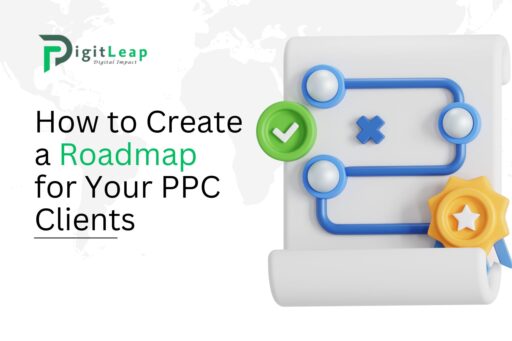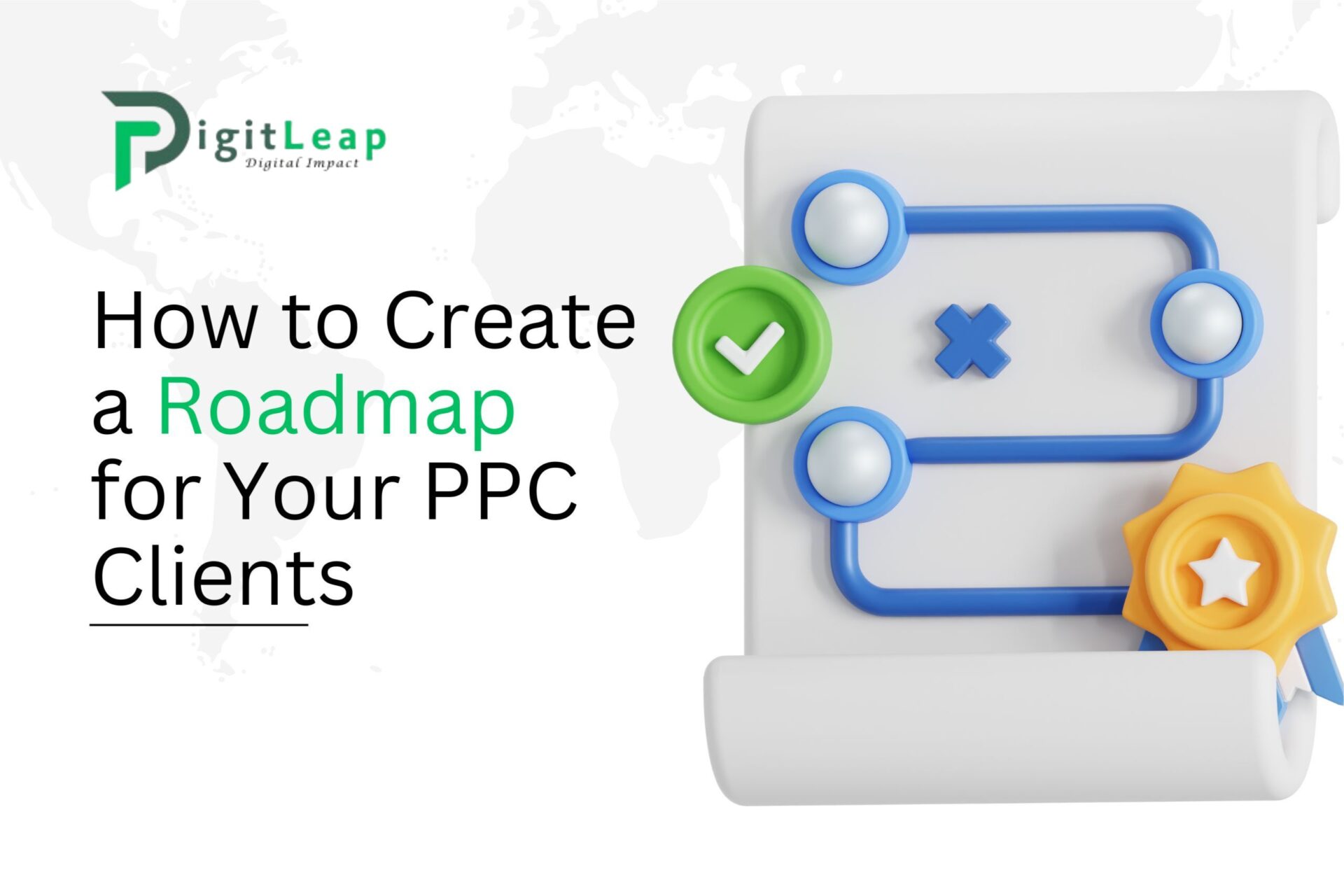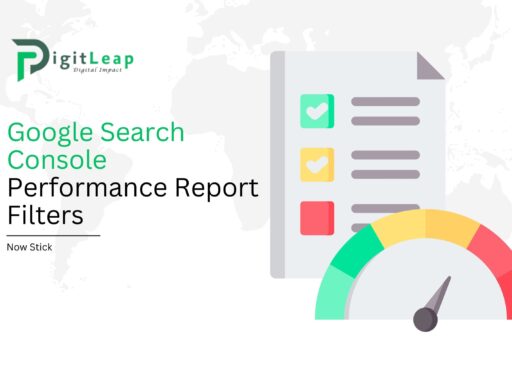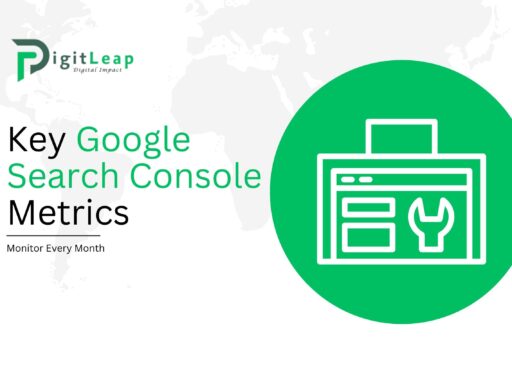How to Create a Roadmap for Your PPC Clients
If you’re managing pay-per-click (PPC) campaigns for clients, you know how essential it is to set clear expectations and have a solid plan in place. A well-defined roadmap is key to keeping your client’s campaigns on track, ensuring their goals are met, and providing transparency throughout the process. But how do you create a roadmap that not only works but also keeps your client confident and engaged?
In this article, we’ll walk you through how to build an effective PPC roadmap for your clients, from setting objectives to tracking and reporting on progress. Let’s dive in.
Understand the Client’s Goals
Before you even begin crafting a PPC roadmap, you need to have a clear understanding of what your client wants to achieve. Are they looking to increase brand awareness, generate more leads, boost online sales, or improve return on ad spend (ROAS)? The goals will vary, and your approach needs to be tailored to fit these objectives.
Start by having a detailed conversation with your client to understand their business, target audience, and what success looks like for them. This information will serve as the foundation for everything that follows.
Conduct a PPC Audit
Once you understand your client’s goals, the next step is to assess where they currently stand. Conducting a PPC audit is essential if the client already has campaigns running. This allows you to analyze their current setup, performance, and areas for improvement.
An audit helps you identify:
- Which campaigns are underperforming
- Wasted ad spend
- Gaps in keyword targeting
- Opportunities for better ad copy or creative
- Landing page effectiveness
By conducting a thorough audit, you can pinpoint areas where the roadmap can help your client achieve better results and avoid repeating past mistakes.
Define Key Metrics
No PPC roadmap is complete without setting clear key performance indicators (KPIs). KPIs provide measurable goals that will help you and your client track the success of the campaigns. Depending on the client’s objectives, common KPIs might include:
- Cost per click (CPC)
- Conversion rate
- Click-through rate (CTR)
- Cost per acquisition (CPA)
- Return on ad spend (ROAS)
Make sure the KPIs align with the client’s goals. For instance, if the client is focused on lead generation, your roadmap should emphasize conversions and CPA rather than simply maximizing traffic.
Set Realistic Timelines
A PPC roadmap needs a timeline that sets out when different milestones will be achieved. When setting these deadlines, it’s essential to balance ambition with reality. The timeline should be realistic, allowing enough time for each phase of the PPC campaign while keeping the client’s expectations in check.
Start with short-term goals (such as launching the first set of ads) and medium-term goals (like optimizing the campaigns for better performance). Then, map out longer-term objectives, such as scaling the campaigns or expanding into new markets.
For example, your roadmap could look something like this:
- Month 1: Campaign launch and initial testing
- Month 2-3: Optimization of ad copy, keywords, and bids
- Month 4-6: Scaling up and exploring additional ad platforms
By breaking the project into phases, you provide your client with a clear understanding of what’s happening at each stage and when they can expect results.
Create a Budget Plan
Budgeting is a crucial part of the PPC roadmap. Clients need to know how much they’ll spend, how their budget will be allocated, and what kind of return they can expect from their investment. A clear budget plan allows you to align your PPC strategy with the client’s financial capabilities and expectations.
Be transparent about:
- The cost of each PPC platform (Google Ads, Facebook Ads, LinkedIn Ads, etc.)
- Estimated cost-per-click (CPC) and cost-per-acquisition (CPA)
- The balance between testing and scaling phases in terms of budget allocation
Ensure the client understands that there will be some trial and error in the early stages, which may affect initial costs. By outlining the budgeting process, you avoid potential surprises down the road.
Outline Campaign Strategy
The next step in your roadmap is to outline the campaign strategy. This includes the nuts and bolts of how you’ll achieve the client’s goals. Your campaign strategy should cover:
- Keyword research: Identify the right keywords to target based on the client’s business and audience.
- Ad copy and creatives: Develop compelling ads that attract clicks and conversions.
- Bid strategy: Determine how you’ll bid on keywords—manual vs. automated bidding, maximizing conversions, or focusing on ROAS.
- Landing pages: Ensure that landing pages are optimized for conversions and provide a seamless user experience.
- Ad platforms: Decide which platforms to use—Google, Facebook, LinkedIn, Bing, or a combination of several.
Explain the reasoning behind each aspect of the strategy so the client understands how it aligns with their overall objectives. A well-structured strategy is the backbone of your PPC roadmap.
Implement a Testing Plan
No PPC roadmap would be complete without a plan for continuous testing. PPC is an iterative process, and what works today may not work tomorrow. A/B testing (or split testing) allows you to identify which ad copy, keywords, or landing pages work best for your audience.
Outline your testing plan in the roadmap, such as:
- Testing different ad headlines or descriptions
- Experimenting with varying keyword match types
- Tweaking landing page designs for better conversion rates
By committing to regular testing, you ensure that the campaigns are always improving and adapting to changes in user behavior.
Set Up Regular Reporting
Transparency is key to maintaining a strong relationship with your PPC clients. Regular reporting helps keep the client informed of progress and any adjustments made to the campaign. Outline how often you’ll provide reports and what metrics will be included.
Most clients prefer weekly or monthly reports. These reports should include:
- Current performance vs. set KPIs
- Insights from A/B testing
- Budget tracking
- Any new opportunities or challenges
Make your reports easy to understand, focusing on the key takeaways that matter most to your client. This shows them the value of your work and provides a clear link between the roadmap and real-world performance.
Include a Growth Plan
A good PPC roadmap doesn’t just stop once the initial goals are met. It should also include a long-term growth plan. After you’ve optimized the campaigns and achieved some initial success, look for ways to scale up.
Scaling strategies could involve:
- Expanding into new markets or regions
- Increasing the ad budget for high-performing campaigns
- Diversifying the platforms used for PPC, such as adding Bing or social media ads
- Introducing new product or service ads
This growth plan shows your client that you’re thinking ahead and are committed to driving long-term results, not just short-term wins.
Be Flexible and Adapt
No roadmap is set in stone, especially in the fast-paced world of PPC. Algorithms change, market conditions fluctuate, and user behavior evolves. While it’s important to have a clear roadmap, it’s equally important to remain flexible and adapt to new information.
Explain to your clients that adjustments will be made along the way. Whether it’s reallocating the budget, pausing underperforming campaigns, or trying a new ad platform, being flexible is essential for long-term success.
Conclusion
Creating a roadmap for your PPC clients is about much more than just setting goals and hoping for the best. It involves thorough planning, transparent communication, and ongoing optimization. From understanding the client’s objectives to tracking KPIs and adapting your strategy, a well-structured roadmap is crucial to ensuring campaign success.
At DigitLeap, we specialize in helping businesses create tailored PPC strategies that drive results. We work closely with our clients to develop clear roadmaps that not only meet immediate goals but also pave the way for long-term growth. Let us help you create a winning PPC strategy that delivers real value for your business!






